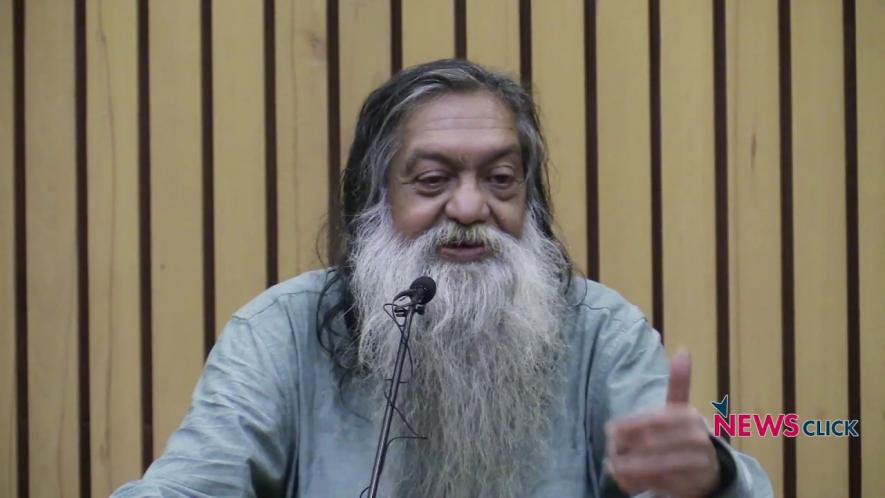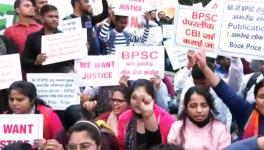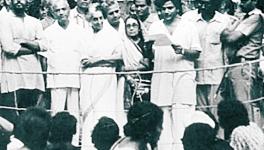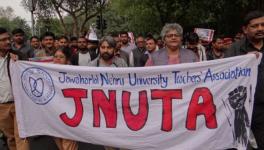Abhijit Sen, One of India’s Foremost Agricultural Economists, Passes Away at 72

New Delhi: ‘Brilliant mind’, ‘Affable, ‘People’s Economist’, ‘India's most competent and knowledgeable agricultural economist’ – are just a few words of deep loss expressed by many at the passing away of noted economist Abhijit Sen in New Delhi late Monday night. He was 72, and is survived by his economist wife, Jayati Ghosh, daughter Jahnavi Sen, a journalist, brother and well-known economist Pronab Sen.
Sen, a former Planning Commission member from 2004 to 2014, and head of the Commission of Agricultural Costs and Prices, was one of the country's foremost experts on rural economy.
"He suffered a heart attack around 11 PM. We rushed him to the hospital, but it was all over by the time we got there," said Pronab Sen, his brother.
In a career spanning more than four decades, Sen taught economics at Oxford, Cambridge and New Delhi's Jawaharlal Nehru University, and held several important government positions under the UPA and also the NDA governments.
Such was his expertise that when NDA came to power in 2014, it appointed Sen to head a high level task force to frame a “long term grain policy. Sen was a vocal advocate of a universal public distribution system for rice and wheat.
Fondly referred to as ‘Manik’, Sen was “ a friend to many movements and campaigns including the Right to Food campaign”, tweeted noted food rights activist Biraj Patnaik.
He would argue that the burden of food subsidy on the exchequer was often exaggerated and that the country had enough fiscal headroom to not only support a universal PDS, but also guarantee a fair price to farmers for their produce.
In 2000, Professor Sen made a radical recommendation for calculating Minimum Support Prices, using the so-called C2 method, which not only includes the cash expenses incurred by farmers, but also takes into account the imputed costs of family-labour, rent and interest foregone. A modified version of this was proposed later in the ‘Swaminathan report’ of 2006, which has become a central demand of farmers.
Professor Sen continued to play a role in policy-making as a member of the Planning Commission during the UPA government. He pushed for a universal public distribution system, which would provide subsidised rice and wheat to everyone who wanted it. The UPA adopted a watered-down version of this in its Food Security Act of 2013. Abhijit Sen’s advisory role ended when the Modi government replaced the Planning Commission with the Niti Ayog.
In 2010, he was awarded the Padma Bhusan for public service.
Sen had also been associated with several global research and multilateral organisations such as the UNDP, Asian Development Bank, Food and Agricultural Organisation (FAO) of the UN, International Fund for Agricultural Development and OECD Development Centre.
Sen, whose father Samar Sen was a World Bank economist, studied physics at New Delhi’s St. Stephen’s college before switching to pursue a doctoral degree in economics from Cambridge University.
He had been suffering from breathing-related ailments for the past years, which got aggravated during the COVID-19 pandemic, said his brother.
(with inputs from PTI)
Get the latest reports & analysis with people's perspective on Protests, movements & deep analytical videos, discussions of the current affairs in your Telegram app. Subscribe to NewsClick's Telegram channel & get Real-Time updates on stories, as they get published on our website.
























